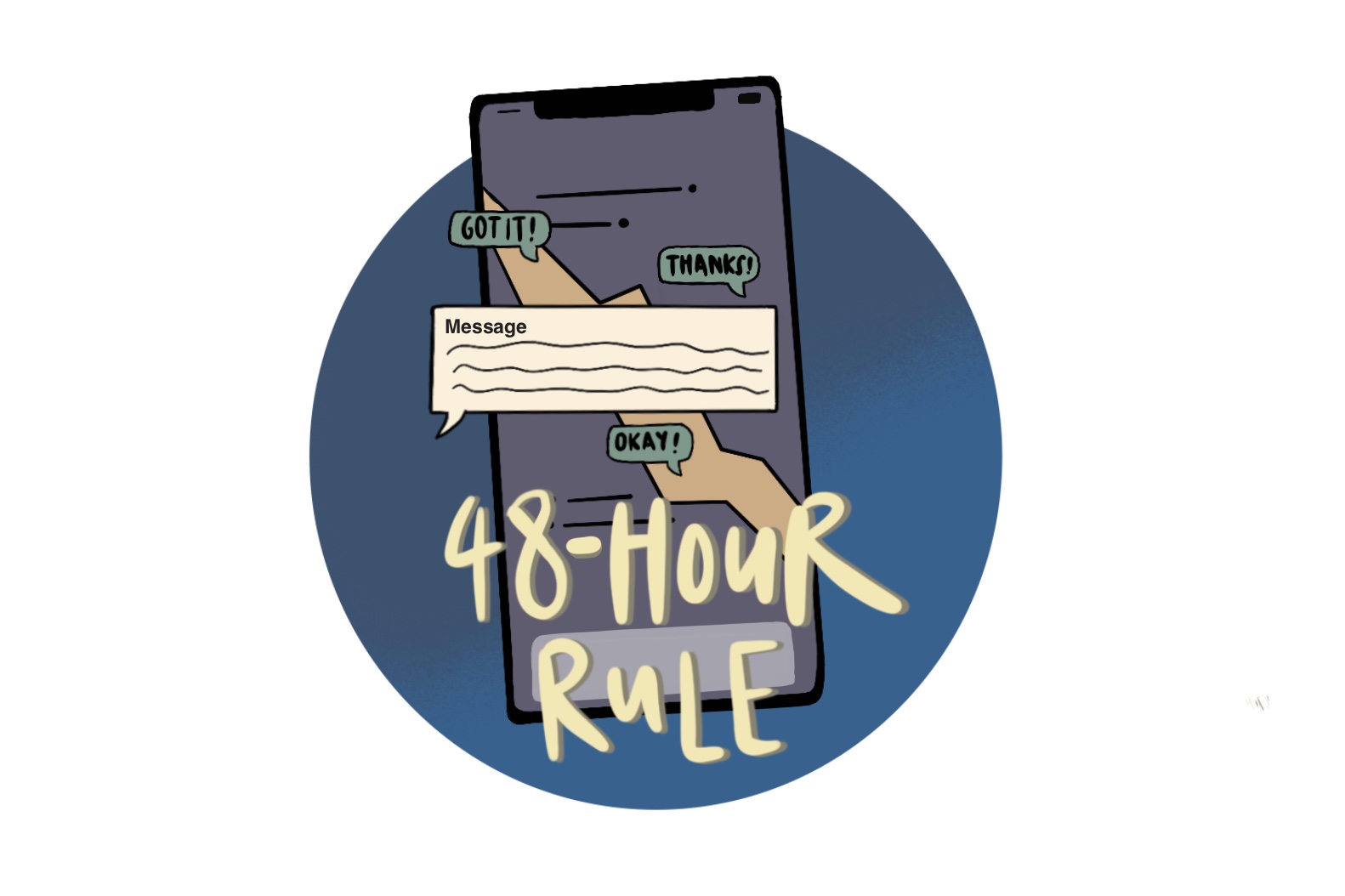You don’t have to look far to find articles about how the coronavirus has fundamentally changed the way we use devices.
Work-from-home and remote arrangements mean that devices and screens are basically glued to our hands and eyes all day.
Such a way of life, overwhelmingly online and device-driven, is in some sense unavoidable in the COVID-19 era. But I think there are aspects of it that we’ve mismanaged and ought to relook.
For instance, the more insidious ills the coronavirus climate has brought to the way we socialise with and relate to one another.
And that’s part of what I’m calling device fatigue.
MOVING AWAY FROM MOBILES
In our pre-COVID days, it wasn’t uncommon to see younger folks hunched over in a crowded McDonald’s yelling over a mobile game. Nor to family members on their phones over dinner at the food court.
And yet, recent findings suggest that more consumers are moving away from smaller screens in favour of larger ones upon which entertainment media like Netflix and gaming are better enjoyed.
I’m as restless as my phone with its incessant light-ups.
It makes sense. I’d wager most people wouldn’t want to stare at a tiny screen after a long day of work (in which you had already stared at slightly larger screens).
Especially so, when lighting up a smaller screen might involve taking on a mental load with every new message, DM or email that’s not been replied or addressed.

Personally, as someone more inclined to introversion, I can’t really be bothered to have my phone around with me that much after work hours. It’s tiring.
I wonder if you can resonate: Just think about the dozens of messages that you let pile up because you’re wary to open an already half-read text for fear of the mental load it might add.
It’s that feeling of dread you have knowing you’ll have to go through those messages at some point.
And don’t get me started on the group chats. There are group chats for everything. I’m as restless as my phone with its incessant light-ups.
As such, I’ve certainly been guilty of firing off easy replies just so that I can apply a psychological salve on my mind that these conversations have been dealt with.
And I’ve been on the receiving end of such behaviour myself. In worse cases, I’ve not even received the courtesy of it — I’ve been blue-ticked by friends for weeks before.
The sad truth is that I’ve come to see it’s not something I hold against them in this climate.
But stewing in the hollowness of all my one-liner friendships, I’m starting to wonder if that’s right at all. Aren’t there deeper connections to be made? Or should I just settle?
I won’t claim to have figured out the friendship question, but I have some reflections on the issue and also learned from wiser friends on ways to foster more meaningful engagement online.
WHEN EVERYONE THINKS THAT SOMEONE WILL REPLY
A friend of mine told me about a time when a newcomer asked a simple question (in a ministry group chat of 50 people!) and no one replied him for days.
Poor guy. That must have sucked. I can see the thought processes that would have led to such an outcome, though.
Maybe everyone thought that someone else would reply and no one did. Maybe most of the group members had notifications muted.
Whatever the reason was, that kind of interaction is symptomatic of a group that is failing to achieve its purpose as a place to communicate instructions and to chat about ministry-related things.
In light of the device fatigue that is so rampant in our lives and inactive chats like that, that’s where the “48-hour rule” really comes in to help a group keep up intentional and active participation.

Here’s how it might work in a new chat group for your cell group or your ministry team.
As the admin of the chat, once all the necessary members are inside the group, set a ground rule detailing that announcements or instructions are to be acknowledged or replied by each member of the group.
Explain that you understand everyone is busy, but being disciplined to reply will help to keep up a healthy culture of communication in the group. Then, have everyone involved agree that 48 hours (or whatever you all decide on) is a fair timeframe for a reply to be made.
Replies and acknowledgements can be as simple as “Thanks! I’ve read that” or even a thumbs-up emoji. If a member is busy, that’s fine. He can still acknowledge the message and say something like “I can’t get to that right now, but I will tomorrow!”.
You can ask for this understanding in both group and one-on-one conversations. Once these expectations have been set in place, you’ll find communication is a lot easier — and kinder all around!
Don’t settle for a group chat that obviously isn’t at its best.
That has certainly been my experience.
When my leader first tried doing so in one of my old cell chat groups, it felt very stiff and awkward at first. But after awhile, when everyone got on the same page, it made communication very clear and effective.
As a plus, we all learnt to be courteous and gracious to each other over text, which is a social skill many have neglected in the age of blue ticks and muted notifications.
If you have the capacity to, you can always suggest starting this new culture up in an existing chat group if you feel conversations have become unproductive there.
Otherwise, there are additional things you can do to help.
In large chat groups, for instance, you might pin a message detailing that first ground rule as well as others, like keeping conversations strictly ministry-related so things don’t get too spammy.
If you discover that there is a demand for it, you might even start a strictly optional channel where members who desire to do so can talk freely or post memes.
Point is, don’t settle for a group chat that obviously isn’t at its best. Since group chats are an inescapable part of life, we should get creative in optimising them.
DON’T SETTLE FOR SUPERFICIAL CONNECTIONS
Now, I don’t want to dole out prescriptive advice as if I’ve all but figured out how to communicate and keep friendships in our time. The reality is, I’m very far from being a good friend.
So, a change of pace: Honestly, I don’t know about you, but when I stepped into my 20s, I felt my social circles grow smaller and smaller. I just couldn’t keep up with some of my friends anymore.
These circles constricted further with each new life milestone, like starting work or getting married. And I suspect they will continue to shrink as I grow older and have children and whatnot. After all, there’s a premium on time in this country.
But as someone who is still trying to make friendships work, I’ve come to think there is some value in thinking clearly on which ones we choose to invest in.
- Do you build one another up in Christlikeness?
- Is there room to share God’s gospel and love with the person?
These are just some considerations we might have in mind as we steward our friendships and make the conscious investment of time and effort into growing them.
HOW WOULD JESUS HANDLE TEXTING?
Christ did have an inner circle of friends with Peter, James and John in whom He specially invested time in. But He was balanced.
He was also able to make time for the straight-up random people who would walk into His life on occasion. Oh, and not forgetting the little children or thousands that would sometimes turn up.
Device fatigue might really be pointing us to our need for divine rest.
I do think that Christ would have had device fatigue if He were born in our era.
But I don’t think He would have left people on read – Christ is not a bad friend – or gratify Himself by bingeing something on Netflix when He grew tired.
Instead, I think He would (like He did in Scripture) put everything down and go out to pray. That was how He recharged His batteries, by being in His Father’s presence.
Following His example, that discipline of prayer should be our chief practice and go-to when we tire, really, whether of screens or of people.
In light of that, device fatigue might really be pointing us to our need for divine rest. It may also be a symptom (or a mask) of our human lack of capacity and of love for others.
If this is true, then the only answer to such a lack isn’t suggestions by some writer on Thir.st who’s struggling to be a good friend.
The only answer is found in Christ alone and by abiding in Him.
- Are you suffering from device (or friendship) fatigue?
- How would you describe the quality of your conversations over text, whether on group or 1-1 chats?
- In what ways could you be more intentional in your friendships?









